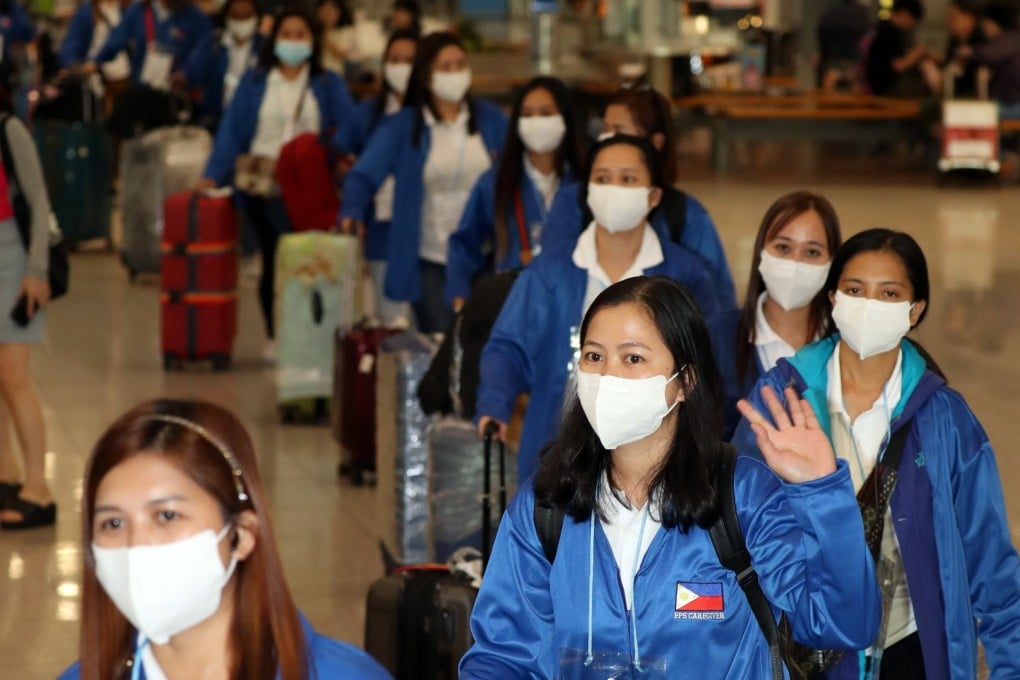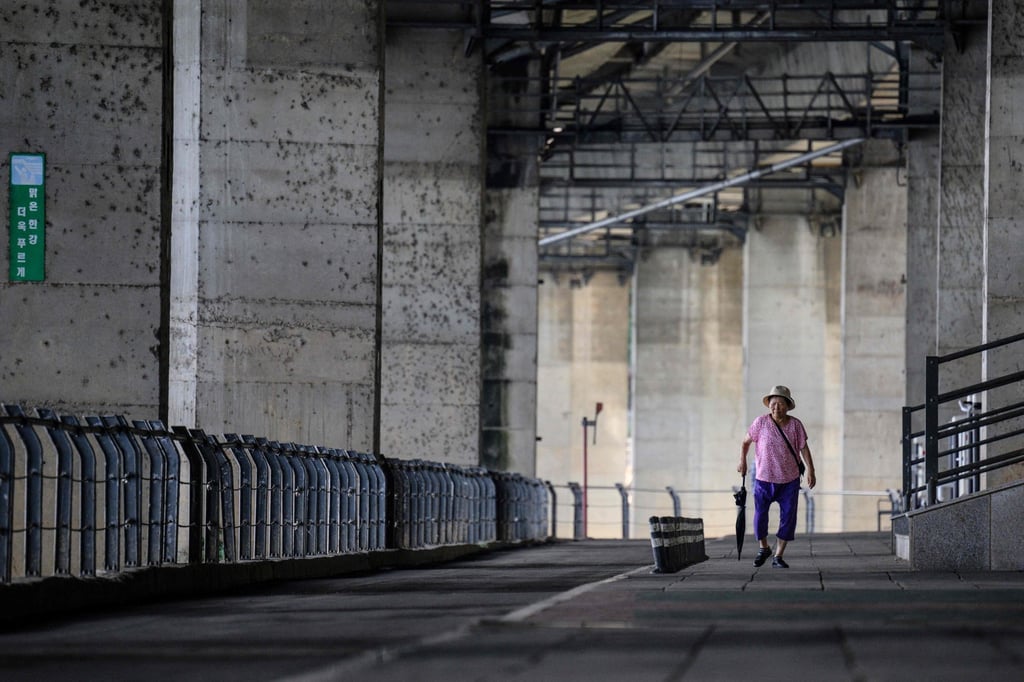Why will South Korea’s Filipino helpers earn so much more than in Hong Kong, Singapore?
Foreign domestic workers will enjoy high wages under a government pilot – raising affordability concerns among Korean families seeking care

There are also concerns that carers and domestic helpers might abandon their designated roles in search of better-paying jobs, potentially swelling South Korea’s population of half a million undocumented immigrant workers.
South Korea’s fertility rate plumbed new depths last year as more women delayed childbirth or opted out of motherhood altogether, citing career disruptions and the soaring costs of raising children. Official data reveals a stark decline in the average expected number of babies per South Korean woman, plummeting to a historic low of 0.72 in 2023 from 0.78 the previous year.
“South Korea, which was classified as an ageing country in 2000, became an aged country in 2018. Next year, it will be the world’s first super-aged country,” Hur Joon-soo, a social welfare professor at Soongsil University, told This Week in Asia. By 2025, nearly 10 million of South Korea’s 52 million residents will be over 65, he said.

“I am concerned that bringing in foreign helpers will only serve as a temporary fix,” Hur said, emphasising the need for expanded state-backed care services.